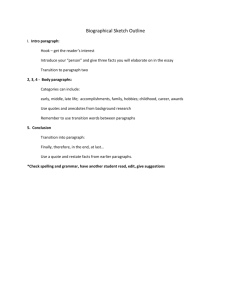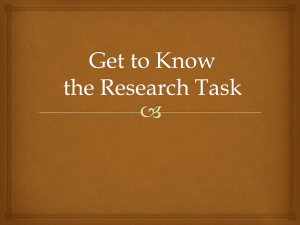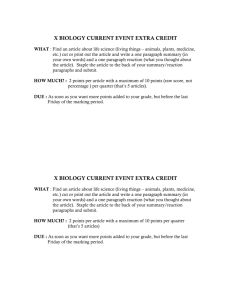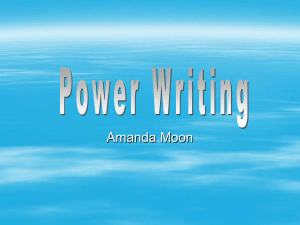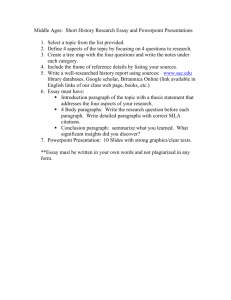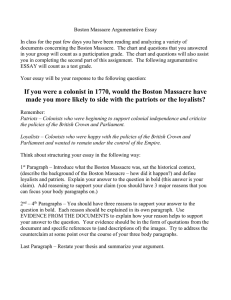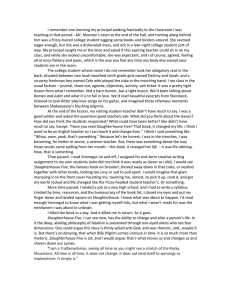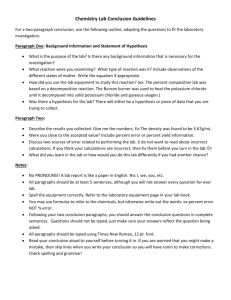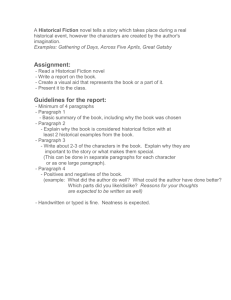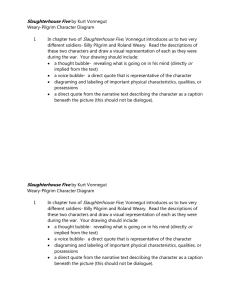Slaughter House Five Socartic Seminar Pre Writing
advertisement
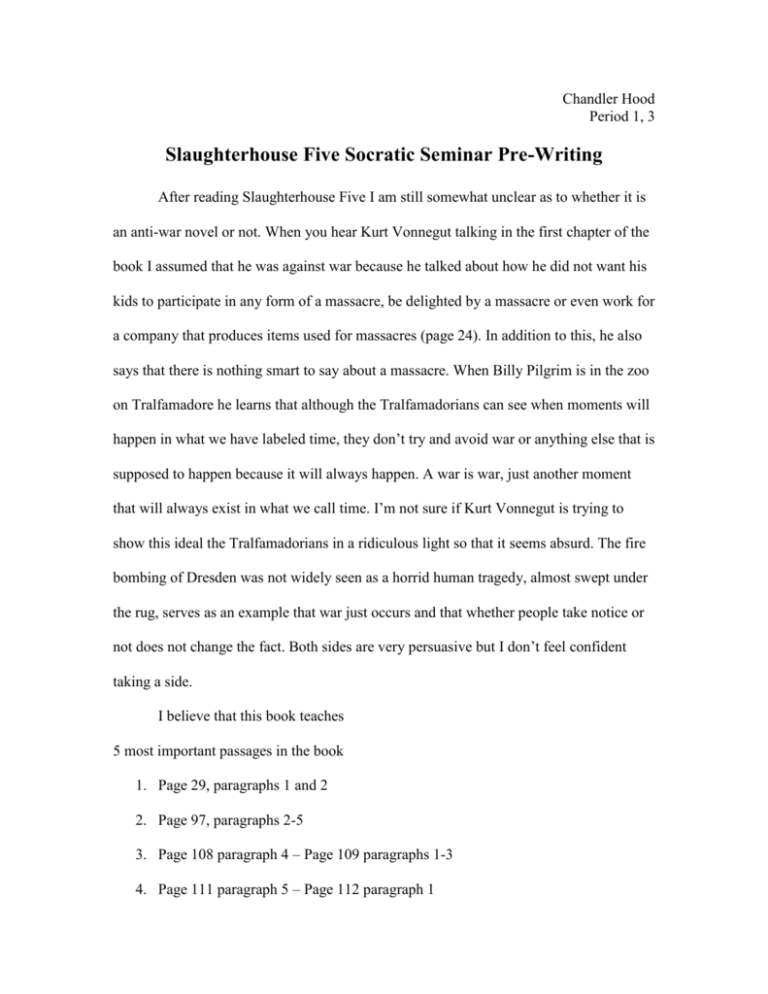
Chandler Hood Period 1, 3 Slaughterhouse Five Socratic Seminar Pre-Writing After reading Slaughterhouse Five I am still somewhat unclear as to whether it is an anti-war novel or not. When you hear Kurt Vonnegut talking in the first chapter of the book I assumed that he was against war because he talked about how he did not want his kids to participate in any form of a massacre, be delighted by a massacre or even work for a company that produces items used for massacres (page 24). In addition to this, he also says that there is nothing smart to say about a massacre. When Billy Pilgrim is in the zoo on Tralfamadore he learns that although the Tralfamadorians can see when moments will happen in what we have labeled time, they don’t try and avoid war or anything else that is supposed to happen because it will always happen. A war is war, just another moment that will always exist in what we call time. I’m not sure if Kurt Vonnegut is trying to show this ideal the Tralfamadorians in a ridiculous light so that it seems absurd. The fire bombing of Dresden was not widely seen as a horrid human tragedy, almost swept under the rug, serves as an example that war just occurs and that whether people take notice or not does not change the fact. Both sides are very persuasive but I don’t feel confident taking a side. I believe that this book teaches 5 most important passages in the book 1. Page 29, paragraphs 1 and 2 2. Page 97, paragraphs 2-5 3. Page 108 paragraph 4 – Page 109 paragraphs 1-3 4. Page 111 paragraph 5 – Page 112 paragraph 1 5.
